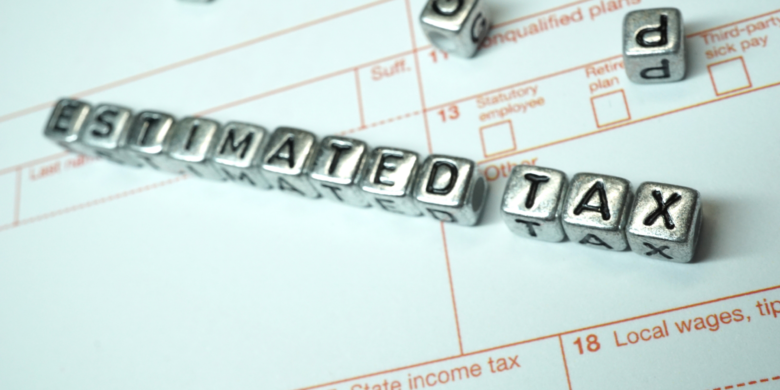
This has been a difficult year for everyone, and the last thing anyone wants to think about is owing an unexpected tax penalty. Unfortunately, self-employed individuals and small-business owners who are required to pay estimated taxes may find themselves in that position if they did not pay their estimated tax for 2020.
The IRS requires taxpayers to pay their taxes for the current year in that year. For taxpayers whose income is reported on Form W-2, an amount is withheld each pay period that is supposed to cover your taxes for the year. If too much is withheld, you get a refund. If too little is withheld, you owe the government taxes. The amount withheld each pay period can be adjusted by filing a new W-4 with your employer.
Taxpayers whose income is reported on Form 1099 must follow a different route for paying their taxes. These taxpayers must file their estimated taxes on a quarterly basis: April 15, June 15, Sept. 15 and Jan. 15. If any of those dates fall on a weekend or a federal holiday, taxes are due on the first business day after the due date.
With some exceptions, failure to have enough taxes withheld results in a tax penalty. The penalty is determined as follows: The IRS calculates how much tax you should have paid each quarter. The IRS applies a percentage (the penalty rate) to figure your penalty amount for each quarter. The penalty amount for each quarter is totaled to come up with the underpayment penalty you owe. This can amount to a hefty penalty.
There are three ways to avoid the estimated tax penalty:
- Pay at least 90% of the current year’s tax liability.
- Pay at least 100% of the prior year’s tax liability or 110% if your adjusted gross income for 2019 exceeded $150,000.
- Pay at least 90% of the current year’s “annualized income.” Taxpayers who do not receive income evenly over the course of the year, such as snowplow drivers, may use this method. To use this method, the taxpayer must complete Form 2210, Schedule AI.
The penalty may be waived if:
- The failure to make estimated payments was caused by a casualty, disaster or other unusual circumstance, and it would be inequitable to impose the penalty, or
- You retired (after reaching age 62) or became disabled during the tax year for which estimated payments were required to be made or in the preceding tax year, and the underpayment was due to reasonable cause and not willful neglect.
In addition, no penalty is assessed if (1) the total tax shown on your return minus the amount you paid through withholding is less than $1,000 or (2) you had no tax liability in 2019.
If you need assistance or have any questions on the information in this article, please call your CironeFriedberg professional. You can reach us by phone at (203) 798-2721 (Bethel), (203) 366-5876 (Shelton), or (203) 359-1100 (Stamford), or email us at info@cironefriedberg.com.




